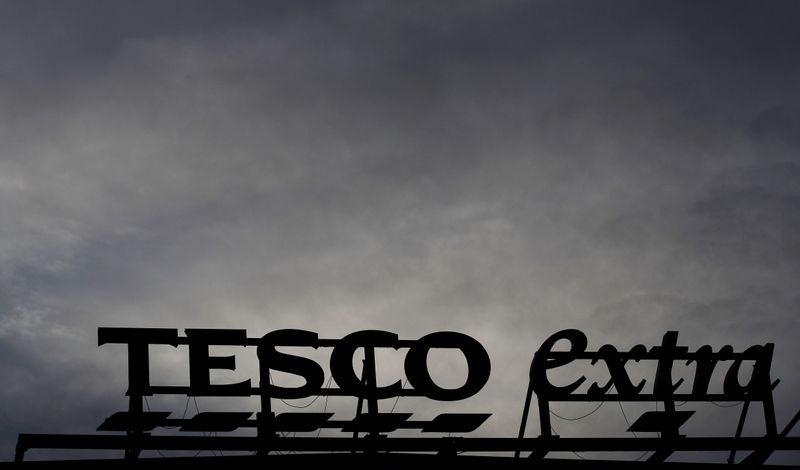This post was originally published on this site
https://i-invdn-com.akamaized.net/trkd-images/LYNXMPEG080MO_L.jpg
By Paul Sandle and James Davey
LONDON (Reuters) – A Christmas crunch caused more pain for British retailers on Thursday, with John Lewis flagging lower profits for 2019 financial year and warning its staff they may not get a bonus for the first time since 1953 as consumer shopping habits shift.
Tesco (L:), Britain’s biggest retailer, ground out a 0.1% rise in underlying UK sales during a “subdued” Christmas, while Marks & Spencer (L:) said it was held back by waste in its food business and weak sales of menswear and gifts.
Industry data showed British supermarkets, including Sainsbury’s (L:), Walmart-owned Asda (N:) and Morrisons (L:), recorded the lowest sales growth over the crucial Christmas trading period for five years.
British shoppers turned cautious in 2019 as wage growth slowed and uncertainty over Brexit gripped the country.
But Tesco said Prime Minister Boris Johnson’s resounding election victory in December, which broke the deadlock over leaving the European Union, had not released any pent-up demand.
The prospect of employee-owned John Lewis Partnership, which runs the eponymous department stores business and up-market supermarket Waitrose, not paying a bonus for the first time since 1953 underlined how tough times are for some retailers.
Like rival department stores, John Lewis has been under pressure for some time, and in March last year reported a 45% drop in full-year profit, hurt by weak demand and rising costs.
British greeting card retailer Card Factory (L:) said it expected lower annual earnings after the general election and weak consumer confidence hurt performance in the key Christmas period, sending its shares down 17%.
That contrasted with homewares retailer Dunelm (L:) which forecast a near 20% jump in earnings for the first half of its fiscal year, benefiting from its decision not to discount during the holiday season, which included Black Friday and Christmas.
This more upbeat outlook echoed British clothing retailer Next (L:), which raised its full-year profit forecast last week after a better-than-expected Christmas performance.
‘ONE-OFF ISSUES’
In an indication of how hard supermarkets had to work over the festive period, Tesco said it had cut prices, delivered the best operational performance in six years and seen the biggest ever day of UK food sales in its history.
Tesco, which has a 27.4% share of Britain’s grocery market, also updated on trading in the third quarter period before Christmas, when life-for-like sales fell by 0.4%.
Although M&S, one of the best known names in British retail, reported a rise in quarterly underlying sales for its overall UK business for the first time since 2017, it was overshadowed by “one-off issues”, which knocked its shares 7.3% lower.
M&S said its full year guidance was unchanged, although gross margins were expected to be around the lower end of guidance, largely offset by cost reductions.


